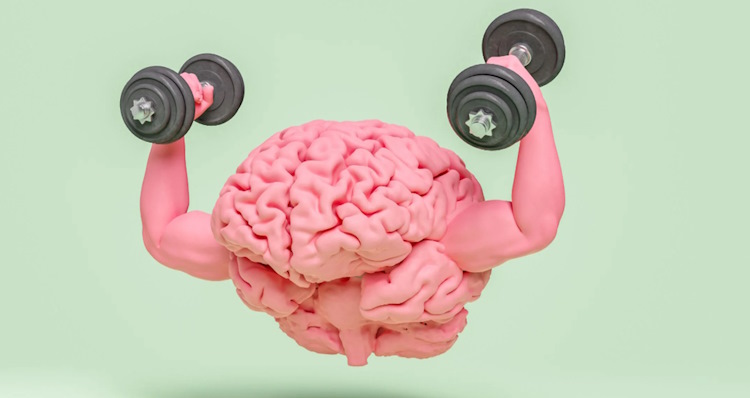The Impact of Steroid Use on Fertility: Exploring the Connections
Steroids, commonly known for their performance-enhancing properties, have gained significant attention in various domains. However, the effects of steroid use on fertility remain a subject of concern and scientific investigation. This article aims to delve into the relationship between steroid use and fertility, exploring the potential consequences and highlighting the importance of understanding this complex issue.
The Mechanisms of Steroid Use and Fertility Steroids, such as anabolic-androgenic steroids (AAS), mimic the effects of natural hormones in the body, particularly testosterone. While their use is often associated with muscle growth and improved athletic performance, it is essential to recognize that AAS can disrupt the delicate balance of reproductive hormones. Increased levels of synthetic steroids in the body can suppress the production of endogenous hormones, leading to potential adverse effects on fertility.
Moreover, steroid use can disrupt the hypothalamic-pituitary-gonadal (HPG) axis, a key system regulating fertility. AAS can inhibit the release of gonadotropin-releasing hormone (GnRH), follicle-stimulating hormone (FSH), and luteinizing hormone (LH), which are crucial for proper reproductive function. As a result, the disruption of the HPG axis can lead to impaired sperm production in males and menstrual irregularities in females, ultimately affecting fertility.
Steroid Use and Male and Female Fertility Steroid use has distinct impacts on male and female fertility. In males, AAS consumption can lead to testicular atrophy, decreased sperm production, and altered sperm quality. These effects are primarily attributed to the suppression of endogenous testosterone production and the disruption of the HPG axis. Long-term AAS use may even cause irreversible damage to the reproductive system, leading to infertility.
In females, steroid use can disrupt the menstrual cycle and hormonal balance, affecting ovulation. Anabolic steroids can induce hormonal imbalances, including elevated testosterone levels, which can lead to menstrual irregularities and reduced fertility. Additionally, excessive and prolonged steroid use in females may result in virilization, characterized by the development of masculine features and potential issues to become pregnant
The impact of steroid use on fertility is a complex issue that requires careful consideration. Steroids, when used for performance enhancement, can disrupt the delicate hormonal balance in the body, particularly the HPG axis. Consequently, both males and females may experience fertility-related challenges, including reduced sperm production, altered sperm quality, menstrual irregularities, and hormonal imbalances. It is crucial for individuals who consider or engage in steroid use to be aware of these potential risks and consult healthcare professionals for guidance. By fostering a better understanding of the connections between steroid use and fertility, we can strive to promote informed decision-making and safeguard reproductive health.









